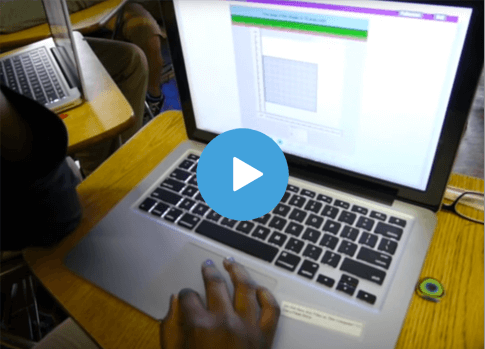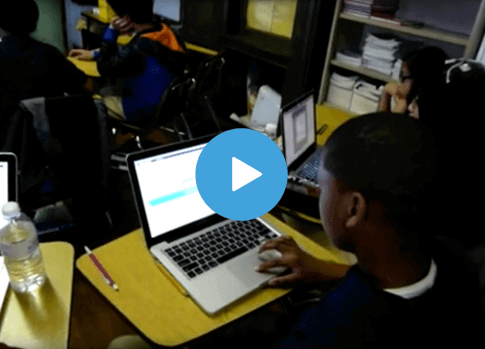Perceptual and Adaptive Learning in STEM
Our lab has a strong history of research and development projects in which we study the application of perceptual and adaptive learning to real-world STEM learning in K-12 and higher education. For example, in a recent NSF-funded project, we first conducted lab studies investigating algorithms for optimizing spacing and interleaving in adaptive learning; ways of combining passive and active learning to increase learning efficiency; and strategies for using learners’ specific errors to adaptively trigger targeted comparison problems. Results from these lab studies were then used to develop customized Perceptual and Adaptive Learning Modules (PALMs) addressing consequential mathematics content for community college students. The project was designed to yield scientific findings and cost-effective learning resources that can help underprepared students to be successful in critical gateway math courses in college. Click here for more information. Our partners in this project were mathematics faculty and students at Chaffey College in California and a research lab under the direction of Patrick Garrigan at St. Joseph’s University in Pennsylvania.
In current and prior work, principles of perceptual and adaptive learning have been successfully applied to learning in high school and community college algebra, middle school fractions and measurement, and community college chemistry. Our lab has conducted large-scale research, development, and efficacy studies with support from the National Science Foundation, the U.S. Department of Education’s Institute of Education Sciences, and the National Institutes of Health. Studies with students using PALMs to learn STEM content typically show robust and long-lasting learning gains, often in areas of the curriculum that are challenging for many learners.

* We gratefully acknowledge support from the U.S. Department of Education, Institute of Education Sciences, Cognition, and Student Learning Program awards R305A120299 and R305H060070. Any opinions, findings, and conclusions or recommendations expressed in this material are those of the author(s) and do not necessarily reflect the views of the National Science Foundation.
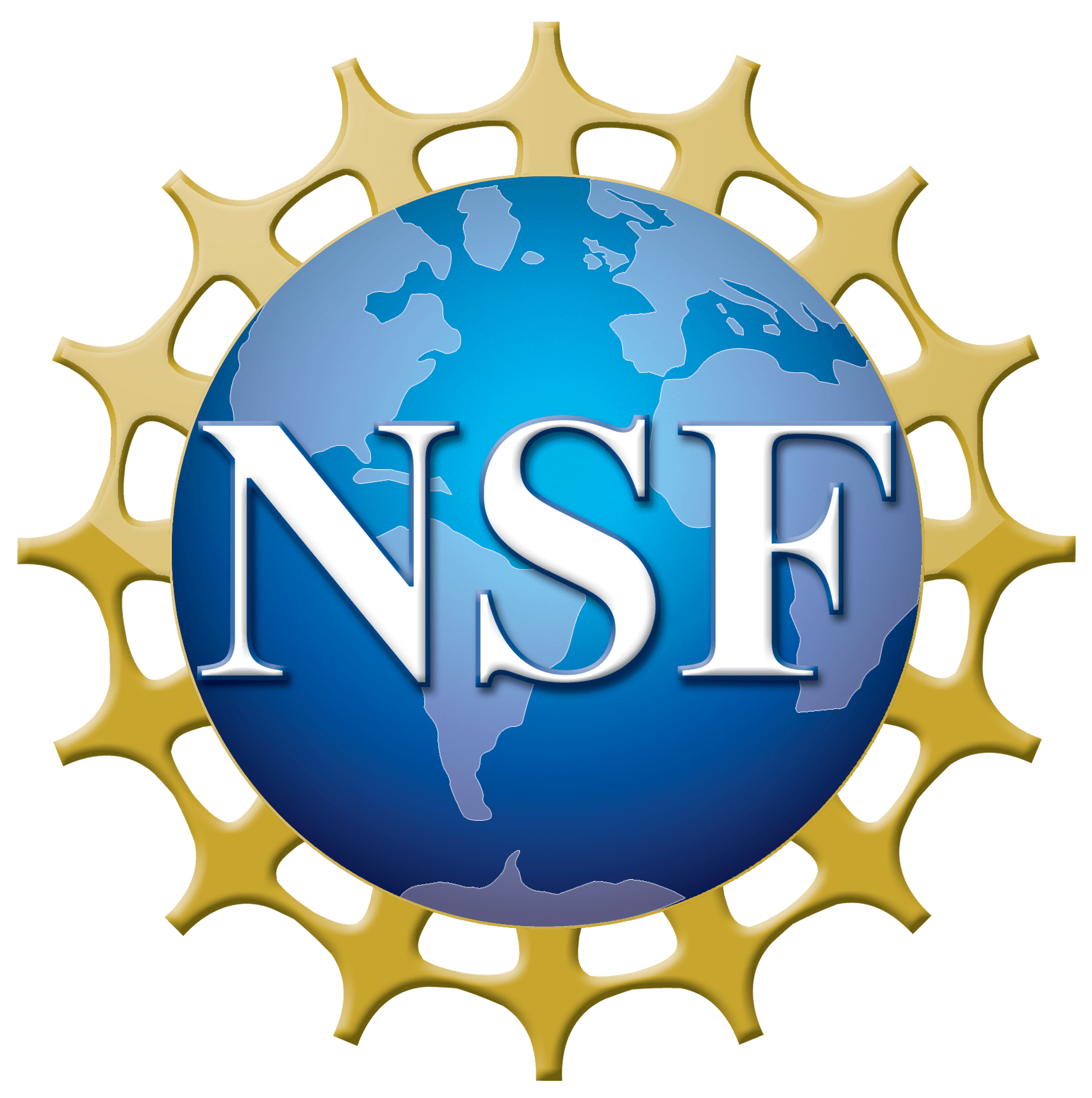
* We gratefully acknowledge support from the National Science Foundation (NSF) under Grant No. DRL-1644916, and from the NSF Research on Education and Evaluation in Science and Engineering (REESE) Program award 1109228. Any opinions, findings, and conclusions or recommendations expressed in this material are those of the author(s) and do not necessarily reflect the views of the National Science Foundation.
Examples of Learning Modules
-
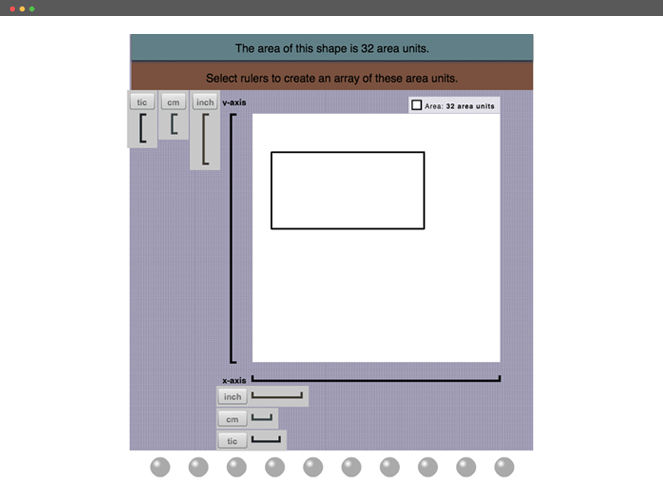 From the Area Measurement PLM
From the Area Measurement PLM
-
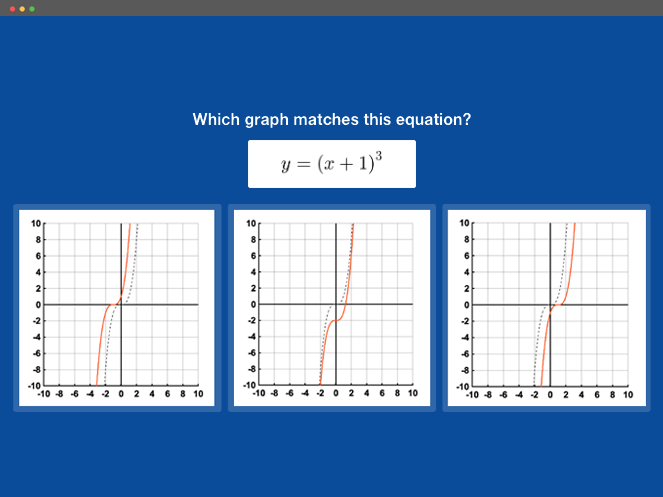 From the Functions & Transformations PALM
From the Functions & Transformations PALM
-
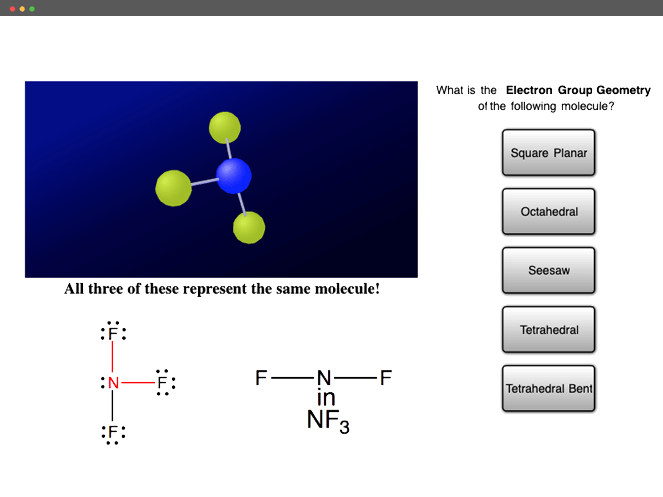 From the Chemistry PLM
From the Chemistry PLM
Researchers
-
 Philip J. Kellman
Philip J. Kellman
-
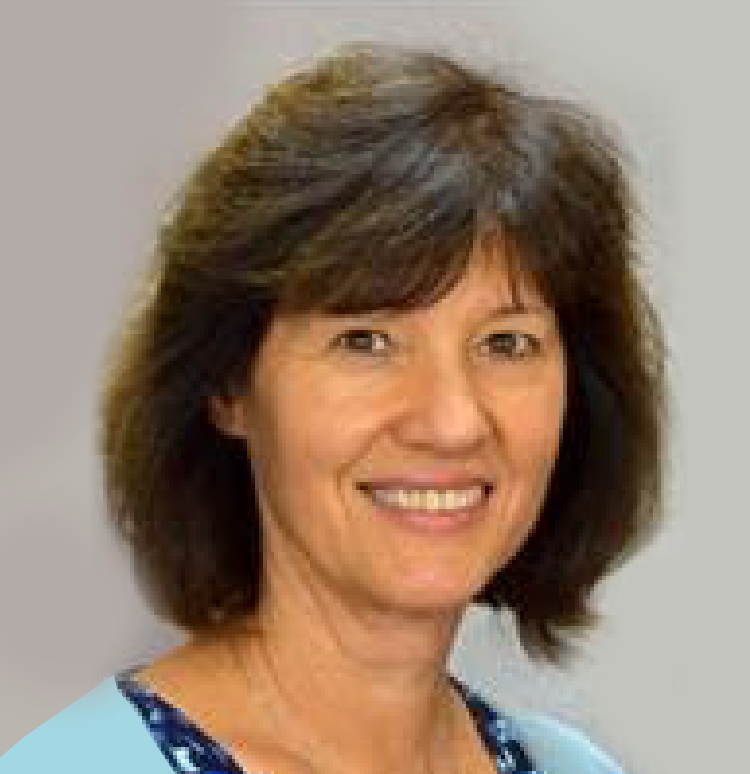 Christine Massey
Christine Massey
-
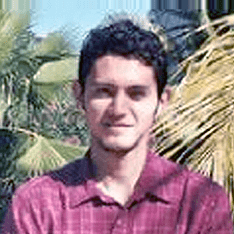 Everett Mettler
Everett Mettler
-
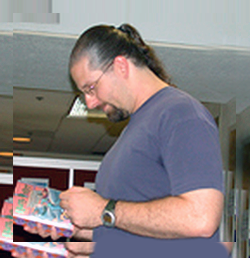 Tim Burke
Tim Burke
Collaborators
-
 Patrick Garrigan
Patrick Garrigan
Selected Publications
- Kellman, P. J., Jacoby, V., Massey, C. M. & Krasne, S. (in press). Perceptual learning, adaptive learning, and gamification: Educational technologies for pattern recognition, problem solving and knowledge retention in medical learning. To appear in M. Lee & H. Witchel (Eds.), Technologies in Biomedical and Life Science Education: Approaches and Efficacy for Learning. American Physiological Society Methods in Physiology Series. New York: Springer.
- Mettler, E., El-Ashmawy, A. K., Massey, C. M., & Kellman, P. J. (2020). Adaptive vs. fixed spacing of learning items: Evidence from studies of learning and transfer in chemistry education. Proceedings of the 42nd Annual Conference of the Cognitive Science Society (pp. 1598-1604). Toronto, ON: Cognitive Science Society.
- Mettler, E., Massey, C., Burke, T., & Kellman, P. J. (2020). Comparing adaptive and random spacing schedules during learning to mastery criteria. Proceedings of the 42nd Annual Conference of the Cognitive Science Society (pp. 773-779). Toronto, ON: Cognitive Science Society.
- Mettler, E., Phillips, A., Massey, C., Burke, T., Garrigan, P., & Kellman, P. J. (2019). The synergy of passive and active learning modes in adaptive perceptual learning. In A.K. Goel, C.M. Seifert, & C. Freksa (Eds.), Proceedings of the 41st Annual Conference of the Cognitive Science Society (pp. 2351-2357). Montreal, QB: Cognitive Science Society.
- Mettler, E., Massey, C. M., Burke, T., Garrigan, P., & Kellman, P. J. (2018). Enhancing adaptive learning through strategic scheduling of passive and active learning modes. In T.T. Rogers, M. Rau, X. Zhu, & C. W. Kalish (Eds.), Proceedings of the 40th Annual Conference of the Cognitive Science Society (pp. 768-773). Austin, TX: Cognitive Science Society.
- Kellman, P. J., & Krasne, S. (2018). Accelerating expertise: Perceptual and adaptive learning technology in medical learning. Medical Teacher, 40(8), 797-802. doi: 10.1080/0142159X.2018.1484897
- Mettler, E., Massey, C. M., & Kellman, P. J. (2016). A comparison of adaptive and fixed schedules of practice. Journal of Experimental Psychology: General, 145(7), 897-917.
- Mettler, E., Massey, C., & Kellman, P. J. (2016). Learning to mastery criteria: Comparisons of adaptive and fixed spacing in chemistry and geography. Abstracts of the Psychonomic Society, 21, 226.
- Massey, C. M., Porter, A. C., Desimone, L. M., & Kellman, P. J. (2016, December). Efficacy study of perceptual learning technology in mathematics education. IES Principal Investigators Meeting, Washington, DC.
- Massey, C. M., Kregor, J. D., Cosgrove, L. E., and Lee, H. (2016). What were they thinking? Diagnostic coding of conceptual errors in a mathematics learning software data archive. In A. Papafragou, D. Groder, D. Mirman & J. C. Trueswell (Eds.). Proceedings of the 38th Annual Conference of the Cognitive Science Society. Austin, TX: Cognitive Science Society, 1176-1181.
- [Poster] Massey, C. M., Kregor, J. D., Cosgrove, L. E., and Lee, H. (2016, August). What were they thinking? Diagnostic coding of conceptual errors in a mathematics learning software data archive. Annual Meeting of the Cognitive Science Society, Philadelphia, PA.
- Massey, C. M., Kregor, J. D., & Kellman, P. J. (2016, April). Implementing mathematics learning software successfully in urban schools: Lessons for research and practice. Presented at the 2016 Annual Meeting of the American Educational Research Association. Washington, DC.
- [Poster] Massey, C. M., Kregor, J. D., & Kellman, P. J. (2016, April). Implementing mathematics learning software successfully in urban schools: Lessons for research and practice. Presented at the 2016 Annual Meeting of the American Educational Research Association. Washington, DC.
- Bowdon, J., Massey, C. M., Kregor, J. D., & Scull, J. (2015, April). What predicts successful use and completion of an adaptive mathematics software intervention? Presented at the 2015 Annual Meeting of the American Educational Research Association. Washington, DC.
- Kellman, P. J. & Massey, C. M. (2013). Perceptual learning, cognition, and expertise. Psychology of Learning and Motivation, 58, 117-165.
- Mettler, E., Massey, C., & Kellman, P. J. (2011) Improving adaptive learning technology through the use of response times. In L. Carlson, C. Holscher, & T. Shipley (Eds.), Proceedings of the 33rd Annual Conference of the Cognitive Science Society (pp. 2532-2537). Boston, MA: Cognitive Science Society.
- Kellman, P. J., Massey, C. M., & Son, J. Y. (2010). Perceptual learning modules in mathematics: Enhancing students' pattern recognition, structure extraction, and fluency. [Special issue on perceptual learning]. Topics in Cognitive Science, 2(2), 285-305.
